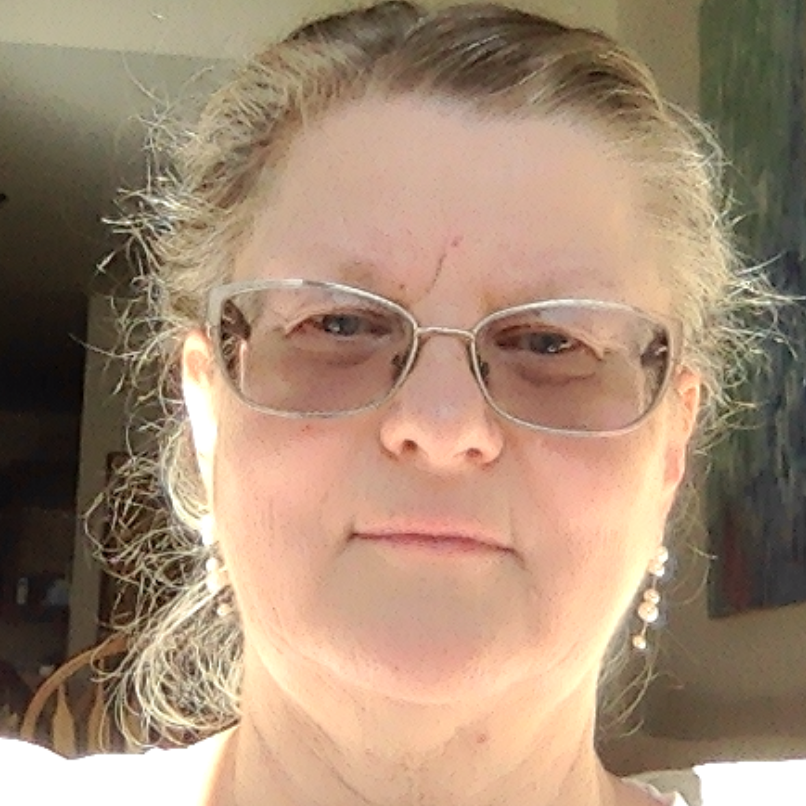About This Project
Meta-analyses were used extensively and repeatedly to assess the vast numbers of papers generated in response to the COVID pandemic. We will use meta-analyses conducted to study masking as the basis for evaluating three things: 1) variability in methodology employed in these meta-analyses, 2) the level of bias in the design and conduct of meta-analyes, 3) the evolution of our state of understanding of the efficacy of masking over time.
Ask the Scientists
Join The DiscussionWhat is the context of this research?
The 14,000 papers published every day have overwhelmed our ability to distill the scientific literature. Meta-analysis has come to play an increasingly important role in the interpretation of science. This was particularly true during the COVID pandemic, which generated 384,000 papers and an urgent need assess them. As a result, it has created a unique opportunity for us to examine the process of meta-analysis.
Pub Med lists more than 3,558 meta-analyses on COVID, including 53 related to masks. This number of papers gives us a unique opportunity to examine how differences in methodology influence the conclusions of meta-analyses and how our understanding of the scientific evidence evolved over the course of the pandemic.
What is the significance of this project?
Interpretation of a 2023 Cochrane study as saying masks don’t work prompted Cochrane's Editor-in-Chief to take the extraordinary step of releasing a statement rejecting this as an "inaccurate and misleading interpretation”. Most experts on airborne transmission agree with her, but their voices need to be heard. This project will use the existing meta-analyses on this topic to reconstruct the evolution of our understanding of mask efficacy over the course of the pandemic. What can we know, what did we know, and when could we have known it?
The history of the pandemic is being written now and will define our response to the next pandemic. This approach can be used to systematically evaluate that history on any issue and inform the management of future crises.
What are the goals of the project?
The goal for the project is to understand how the evidence on the effectiveness of masks and related public health interventions to control the spread of COVID evolved over the course of the pandemic and the degree to which concurrent meta-analyses accurately reflected that evidence. To do this we will create a database of relevant studies along with the characteristics of those studies and relevant statistics drawn from them.
Factors considered will include the type and fit of masks, the setting, the extent of use, and disease prevalence. The protocol for meta-analysis will be released for ongoing feedback from the expert community. We will examine how each new study shifted our understanding and compare our findings to those of meta-analyses released at those times.
Budget
The proposed meta-analysis can only be conducted with the paid oversight and involvement of a principal investigator (the PI) and an early career researcher (ECR) project manager. The PI is an environmental epidemiologist who is expert in meta-analyses; the ECR is a PhD experienced in managing complex projects.
Specialized software is needed to manage the papers used in the metanalysis.
Funds are needed to ensure access to copyrighted papers that may not be available as open access papers.
Twelve percent of the direct costs ($1068) are for required fees.
Endorsed by
 Project Timeline
Project Timeline
The proposed project will be conducted over 5 months beginning as soon as funds are secured. As noted in the milestones, our general process is to assemble all relevant meta-analyses and underlying papers, extract key statistics, create a model of our change in understanding over time and compare those results to contemporaneous, published meta-analyses. Over the course of the project, we will seek the input of subject matter experts through meetings and collaborative annotation.
Oct 16, 2023
Secure funding to launch the meta meta-analysis via Schmidt Futures Challenge
Oct 19, 2023
Project Launched
Nov 10, 2023
Finish identification of papers to include in the meta-analysis
Nov 17, 2023
Load and organize papers into Research Now's online library
Nov 27, 2023
Complete identification of researchers to participate in the meta-analysis
Meet the Team
Affiliates
Team Bio
Collectively, the team assembled for this project has decades of experience in meta-analysis, science policy, science communications, and project management.
Robert D Morris, MD, PhD
I am the Founder and CEO of DropCite Inc, an environmental epidemiologist, and a science writer. I have taught at Tufts University School of Medicine, Harvard University School of Public Health, and the Medical College of Wisconsin. I have advised the EPA, CDC, NIH and the President’s Cancer Panel. My consulting clients have included Bloomberg, A & E Studios, the History Channel, and the Health Effects Institute. My work has been featured by the New York Times, the London Times, Dateline NBC, and the BBC. My book, The Blue Death, received a Nautilus Gold Award and was named one of the Best Consumer Health Books of 2007 by the American Library Association. My research has focused on air quality, water quality, infectious disease, and meta-analysis. I published the first meta-analysis in environmental epidemiology.
ResearchNow was created in response to the COVID pandemic to ways to connect the research community to discuss and evaluate emerging research in real time, using the full power of vertical social networks coupled with hybrid AI/ML to accelerate open science.
Selected Publications
1. Morris RD. Meta-analysis in cancer epidemiology. EHP, 1994; 102(suppl 8):61-66.
2. Morris RD. Meta-Analysis in Environmental Epidemiology. Health and Environment Digest. 1996; 10:41-44.
3. Morris RD, et al. Chlorination, chlorination by-products and cancer, a meta-analysis. AJPH 1992; 82:955-963.
4. Morris RD, et al. A clinical trials database as a research tool in health care. The Journal of Clinical Trials, Doc No. 14, July 1992.
5. Blair A,et al. Guidelines for Application of Meta-analysis in Environmental Epidemiology. Reg Tox and Pharm1995;22:189-197.
6. Morris RD. Vaccine Mandates, Myocarditis, and Misinformation: A Case Study in the Distortion of Public Health Science During the COVID Pandemic and a Proposal for a Collective Response. Journal of Public Health Policy. In Press.
Rachel K. Owen, PhD
Dr. Rachel K. Owen is a policy and social entrepreneur with proven success in making things happen. Throughout her career, she has not only seen the vision for how to solve problems facing graduate students, scientists, policymakers and more, but also taken initiative to implement solutions.
In 2016, Dr. Owen co-founded Missouri Science and Technology (MOST) Policy Initiative and served as the founding executive director from 2019 - 2021. During her time leading MOST, she was invited to give presentations across the country about how to implement nonpartisan science advising into state-level policy. She also led MOST through their transition to an independent nonprofit (501c3) organization and grew the organization from a single employee to a team of 12 full and part time staff.
In 2021, Rachel co-founded SciTech Forefront, a Medium publication aimed to bring science policy writers together to share resources and articles. She now serves as the Co-Editor of Forefront. Rachel is also the Development Director of Engineers and Scientists Acting Locally (ESAL).
Dr. Owen received her Ph.D. in the University of Missouri School of Natural Resources, researching the impact of a changing climate on wetland ecosystems and landowner perceptions of climate and agricultural threats in the Great Plains.
In 2021, Dr. Owen was appointed as an adjunct faculty member in the School of Natural Resources at the University of Missouri. In addition to coaching the Mizzou soil judging team, Rachel was the lead instructor for Introduction to Soil Science (SOIL 2100) in Spring 2021 and plans to continue teaching remotely and assisting with research when possible. Dr. Owen has published several soil science journal articles from her PhD research, MS research, and teaching experiences.
Lab Notes
Nothing posted yet.
Additional Information
Methods
1. Determine the differences in the protocol and methods used in each meta-analysis to:
a. Identify relevant studies
b. Select studies to analyze,
c. Account for potential bias and confounding,
d. Select key data points,
e. Combine data,
f. Account for potential bias and confounding.
2. Build a database of key statistics from the original studies with covariates from each study including
a. Effect size estimates with confidence intervals or other indicators of standard error.,
b. Key covariates,
c. Indicators of potential bias,
d. Publication date.
3. Define key questions and pool data using standard meta-analytic methods
4. Evaluate the individual meta-analyses by:
a. Repeating each meta-analysis using all studies available up to and including the cutoff date for that study based on best available methods,
b. Identifying any differences between the meta-analysis and the repeat meta-analysis,
c. Determining the reasons for any discrepancies.
Project Backers
- 3Backers
- 2%Funded
- $160Total Donations
- $53.33Average Donation


